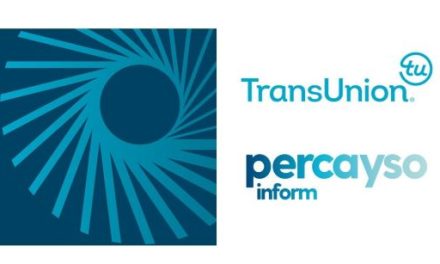How does a company verify the identity of the people they deal with? While the basic idea behind identity verification has stayed the same, the execution has changed drastically. In previous decades, identity verification would be done in-person, carried out by a registrar during the company’s registration.
Where a company required a deed of incorporation, a notary would be responsible for checking identities. In today’s post-pandemic world, Digital Identity Verification has largely done away with these roles, becoming the go-to for a safe, simple, and fast way to verify the people a company interacts with.
Digital Identity Verification is a broad-stroke term for the processes used by business to determine that their customers are who they say they are. A whole range of businesses can utilise it – from banks to online retailers, insurance providers, and even government departments. Importantly, digital verification offers a combination of methods to identify customers, so you can be more certain of who you’re doing business with, with less wiggle room for potential scammers. These methods can range from proof of address documents to facial biometric checks, to voter registration records and utility databases. Using online options provides companies a cost-effective way to verify hundreds of customer identities in a fraction of the time, removing geographical constraints and reducing the possibility of fraudulent applications.
More traditional methods of identity verification are becoming less and less popular. They’re much slower and less efficient ways of confirming identities, and with the closing of spaces such as bank branches and a move to online spaces for things such as insurance and shopping, they’re swiftly becoming less accessible. With the rise of fintech, online gaming, and e-sports, digital onboarding services have stepped in to fill the gap. Recent surveys show that companies which engage with these processes are more in-line with consumer expectations than businesses still using paper methods, and customers trust companies that have thorough digital identity verification tools.
Companies should also be aware of the challenges of digital identity verification; while it may be a quicker and simpler way to verify identities, collecting a wide variety of sensitive and very personal data means it must be protected by robust data security systems. It’s vital to apply secure protection and encryption policies to all the data you collect from your customers to avoid mass data breaches and the misuse of customer information. Businesses should also be aware of GDPR regulations and the regulations specific to the countries in which they operate.
If you’re looking for a simple and secure way to implement digital identity verification in your company, Cedar Rose has created an  innovative onboarding solution with automated digital verification and due diligence processes. With more than 25 years of experience in helping businesses operate safely and securely, you can be assured that your onboarding needs are in excellent hands.
innovative onboarding solution with automated digital verification and due diligence processes. With more than 25 years of experience in helping businesses operate safely and securely, you can be assured that your onboarding needs are in excellent hands.
To speak with an expert about how we can help you get started with Ahlaan our onboarding solution, give us a call today on +971 4 373 5758 or email info@cedar-rose.com, or request a demo on our website.
Source: Cedar Rose Press Release


























